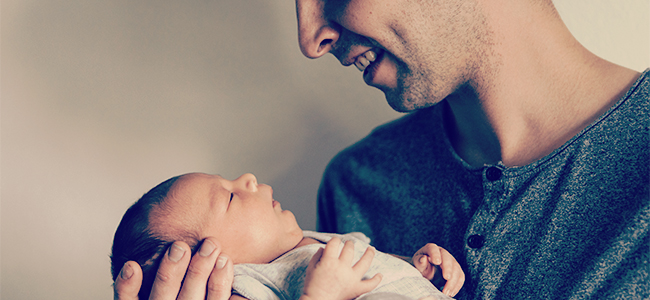
Unmarried Parents: A New ‘Notice of Birth’ Ruling for Fathers, with 3 Surname Choices
“Whilst the Act no longer uses the term “illegitimate child” this is implied by the reference to so-called children “born out of wedlock” which continues to perpetuate the common law distinction between so-called “legitimate” and “illegitimate” children. This reference is a stark reminder that we, as a nation, are still grappling with outmoded legal terminology which goes to the core of dignity and equality, not only for the child but also the unmarried father, and indeed the unmarried mother as well.” (Extract from judgment below)
New parents, married or not, are obliged by the Births and Deaths Registration Act (“the Act”) to register their child’s birth with Home Affairs within 30 days.
However in regard to the actual process of giving this “notice of birth”, the Act has always distinguished between married and unmarried parents. In particular, unmarried fathers have until now been unable to register the child under their own surname except with the mother’s permission. Given the importance - to the child, to the parents and to their wider families – of what surname is entered into the population register, it is perhaps no surprise that the validity of the Act’s differential treatment of married and unmarried parents has been challenged in the Constitutional Court.
The Court’s decision is that the relevant part of the Act is unconstitutional and is struck down. The Court: “Children born to parents outside the marital bond are blameless, yet the retention of section 10 of the Act serves to harm children born outside of wedlock. The status of being born out of wedlock, in effect, penalises the child and the unmarried father, and of course the mother too. This differential treatment of children born out of wedlock is invidious and unconstitutional. This differential treatment cannot be justified.”
The practical effect of the ruling, and the parents’ 3 surname choices
From now on, unmarried parents are in exactly the same position as married parents, so that either of them can give the notice of birth under –
- The father’s surname, or
- The mother’s surname, or
- The surnames of both the father and mother joined together as a double-barrelled surname.
Provided by Woodhead Bigby Inc. Attorneys
© DotNews. All Rights Reserved.
